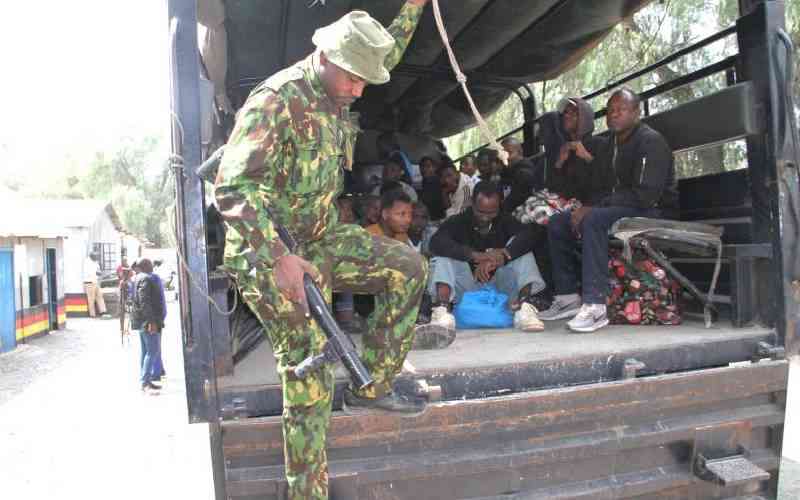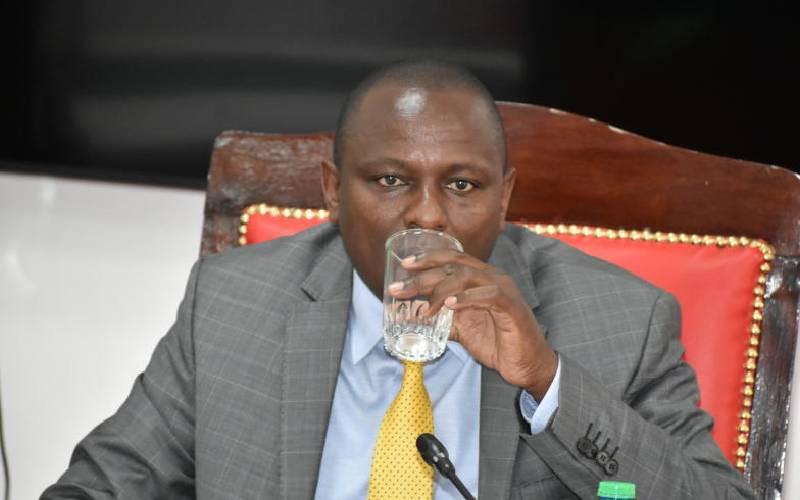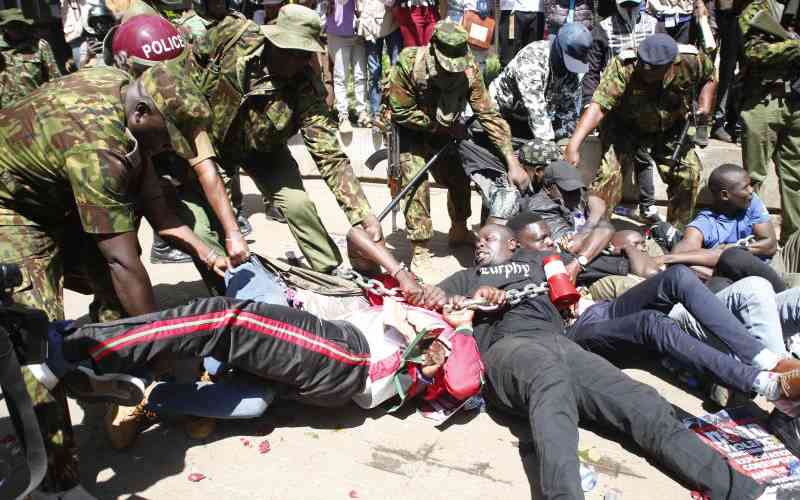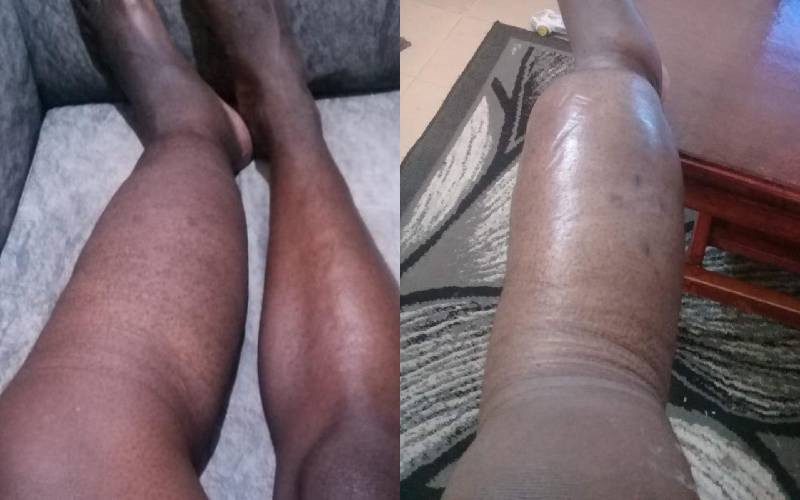

Trafficking in human body parts appears to have taken root in Eastern Africa. A report by the International Organisation for Migration (IOM) on human trafficking in Kenya, Tanzania, Uganda and Burundi has revealed cases of human trafficking for the purpose of harvesting their organs.
Another report by the United Nations Office on Drugs and Crime (UNODC) shows that kidneys are the most trafficked organs in the world and are mainly harvested from the indigent in society.
The promise of good money and a chance to escape poverty in exchange for a kidney is enough to convince many to sell their internal body organs. This is often done illegally in a trade that is estimated to fetch up to Sh130 billion annually.
UNODC points out that this practice is rampant in countries with loose organ transplant regulations, coupled with very high levels of corruption. Kenya fits this bill perfectly. Our corruption levels are so high, they befuddle even those charged with slaying the dragon of corruption.
It does not help matters that Kenya is one of the countries that do not have a legal framework on transplants.
This comes to light after Health Cabinet Secretary Mutahi Kagwe decried the illegal export of blood to Somalia by some Health ministry officials and their counterparts at the Kenya National Blood Transfusion Services amid a shortage in Kenya last year.
It is unfortunate that a disagreement on whether blood and body parts should come under the same classification in the drafting of a legal framework has left Kenyans exposed to the wiles of unscrupulous individuals who exploit their poverty to make a killing for themselves.
It gets even more depressing when you consider that experts such as transplant surgeons, nephrologists and anaesthesiologists play a major role in these clandestine transactions.
Given the work and procedures that go into harvesting, storing and transporting kidneys, it is evident that a doctor in a public hospital that lacks malaria testing kits cannot undertake such a delicate operation. In itself, this could mean that some high end hospitals with state-of-the-art machinery on the spot.
Referrals abroad for medical cases that can be handled locally might as well be conduits for harvesting body parts. These are the avenues that the government should put under a microscope as it endeavours to set up a legal framework to protect organ donors from exploitation.
 The Standard Group Plc is a
multi-media organization with investments in media platforms spanning newspaper
print operations, television, radio broadcasting, digital and online services. The
Standard Group is recognized as a leading multi-media house in Kenya with a key
influence in matters of national and international interest.
The Standard Group Plc is a
multi-media organization with investments in media platforms spanning newspaper
print operations, television, radio broadcasting, digital and online services. The
Standard Group is recognized as a leading multi-media house in Kenya with a key
influence in matters of national and international interest.
 The Standard Group Plc is a
multi-media organization with investments in media platforms spanning newspaper
print operations, television, radio broadcasting, digital and online services. The
Standard Group is recognized as a leading multi-media house in Kenya with a key
influence in matters of national and international interest.
The Standard Group Plc is a
multi-media organization with investments in media platforms spanning newspaper
print operations, television, radio broadcasting, digital and online services. The
Standard Group is recognized as a leading multi-media house in Kenya with a key
influence in matters of national and international interest.








